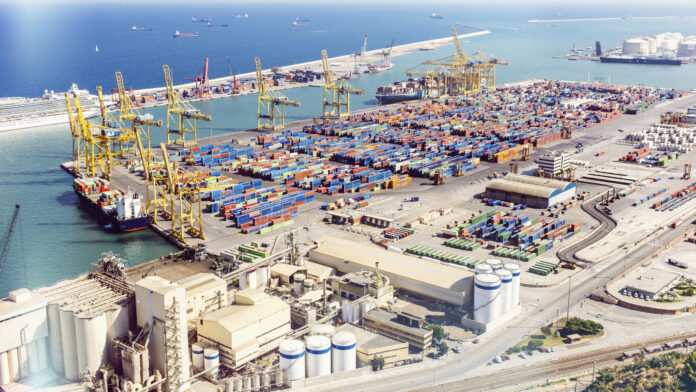The Ripple Effect of Middle East Instability on Global Trade
The recent escalation of conflict between Israel and Iran has cast a long shadow over global trade, exposing vulnerabilities in supply chains that many economies rely upon. The Middle East remains a critical hub for energy exports, shipping lanes, and raw materials essential to the functioning of modern industry. Disruptions in this region threaten to ripple through the
international trade network, causing wide-ranging economic consequences.
One of the most significant concerns arises from the strategic Strait of Hormuz, a narrow passage through which nearly a fifth of the world’s oil supply passes. Any military action or heightened tensions that hinder the free flow of oil through this chokepoint could trigger immediate spikes in global energy prices. These increases would not only raise costs for consumers but also weigh heavily on manufacturing and transportation sectors worldwide,
many of which depend on affordable energy inputs.
Beyond oil, the Middle East plays a pivotal role in the global supply of raw materials such as petrochemicals and metals. Interruptions caused by conflict can delay shipments and disrupt production schedules, leading to shortages and price volatility. For industries engaged in manufacturing electronics, automobiles, and consumer goods, such unpredictability can undermine their ability to meet demand and maintain profitability.
Furthermore, the instability threatens major shipping routes that facilitate international trade. Ports and maritime corridors in the region are critical arteries connecting Asia, Europe, and Africa. If these routes become unsafe or are closed, shipping companies may be forced to seek longer, costlier alternatives. Such rerouting increases transit times, raises freight costs,
and diminishes supply chain efficiency, thereby reducing competitiveness for businesses around the world.
The repercussions of supply chain disruptions extend beyond immediate economic costs. The uncertainty faced by companies can discourage investment in sustainable technologies and processes. Businesses might prioritize short-term risk management over longer-term commitments to sustainability goals, including reducing carbon footprints and enhancing
resource efficiency. This shift could slow progress on the global transition toward greener economies.
Moreover, countries dependent on imports of food, fuel, and critical materials are particularly vulnerable. Prolonged supply interruptions could exacerbate inflation and trigger social unrest, compounding economic instability. These conditions present significant challenges to efforts aimed at achieving sustainable development and poverty reduction.
In light of these risks, governments and businesses must strengthen the resilience of global supply chains. Diversifying sources of critical inputs, investing in alternative energy infrastructure, and improving logistics flexibility are vital steps. International cooperation will also be essential to ensure the security of maritime routes and maintain open trade channels despite geopolitical tensions.
The Israel–Iran conflict highlights how regional instability can have profound and far-reaching consequences for global trade systems. Understanding and addressing these vulnerabilities is crucial for safeguarding economic stability and supporting sustainable development in an interconnected world.




